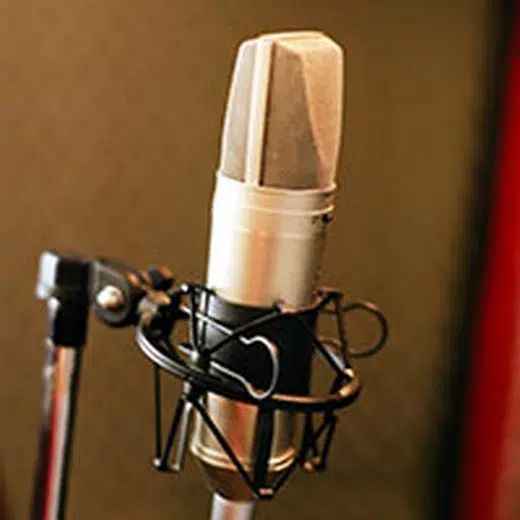LONDON (Reuters) – The Dutch Human Environment and Transport Inspectorate (ILT), which last year introduced stricter controls on the quality of fuel exports from the Netherlands, said on Tuesday the rules were working and compliance was high.
“We notice that unhealthy fuel is no longer exported from the Netherlands to West Africa”, the ILT’s Marietta Harjono said in a statement.
In mid-August last year, the ILT, which is part of the Dutch ministry of infrastructure and water management, introduced a policy rule to tighten quality controls on fuels exported from Dutch ports.
The new requirements include a maximum of 50 parts per million (ppm) sulphur, 1% benzene and 2 milligrams per litre manganese.
The new rules effectively eliminated a large part of gasoline exports to West Africa, where specifications for sulphur content are three times higher than the maximum the Netherlands now allows.
The Netherlands’ share of Northwest Europe’s exports to West Africa fell from around 47% in the first quarter to just 15% in October, according to tracking data from analytics firm Vortexa, while Belgium’s share rose from 34% in the first quarter to 65% last month.
“Since the end of May 2023, companies operating from the Netherlands have been complying with the policy rule,” Harjono said.
The ILT said that non-compliance can result in a fine and in more extreme cases informing the public prosecutor.
Earlier this month, Reuters reported that Belgium was working on issuing a royal decree to also tighten specifications on fuel exports, bringing it in line with the Netherlands.
“The introduction of similar regulations in Belgium will, given the size of the export from the Port of Antwerp and the shift in petrol exports from the Netherlands to Belgium, significantly contribute to a (European) level playing field and improved fuel quality,” the ILT said.
(Reporting by Ahmad Ghaddar and Robert Harvey; Editing by Emelia Sithole-Matarise)






